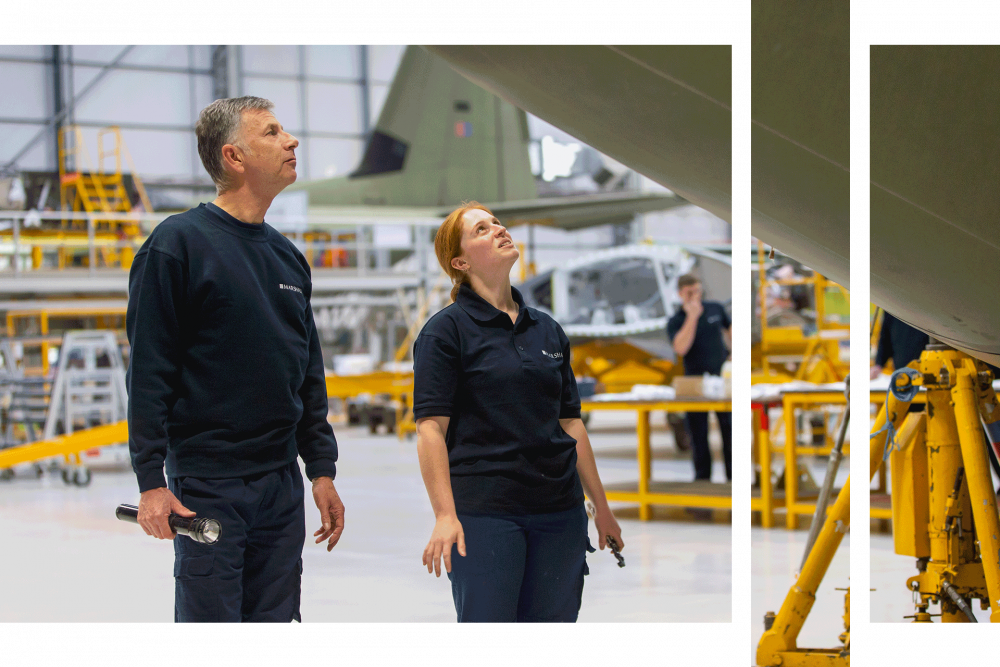
Acquisition of Marshall Land Systems by Flowing River Capital
24 November 2025
We develop and deliver world-leading applied engineering services and technologies.
We are interested to hear from people of all backgrounds and career stages who share our forward-thinking spirit, our instinct to do the right thing, and our desire to successfully solve problems that others walk away from.
Our drive to transform helps us deliver extraordinary futures for our customers, our communities, our people and our planet.
Wherever we are in the world, we work hard to be a force for good in our local communities, putting sustainability at the heart of everything we do.
